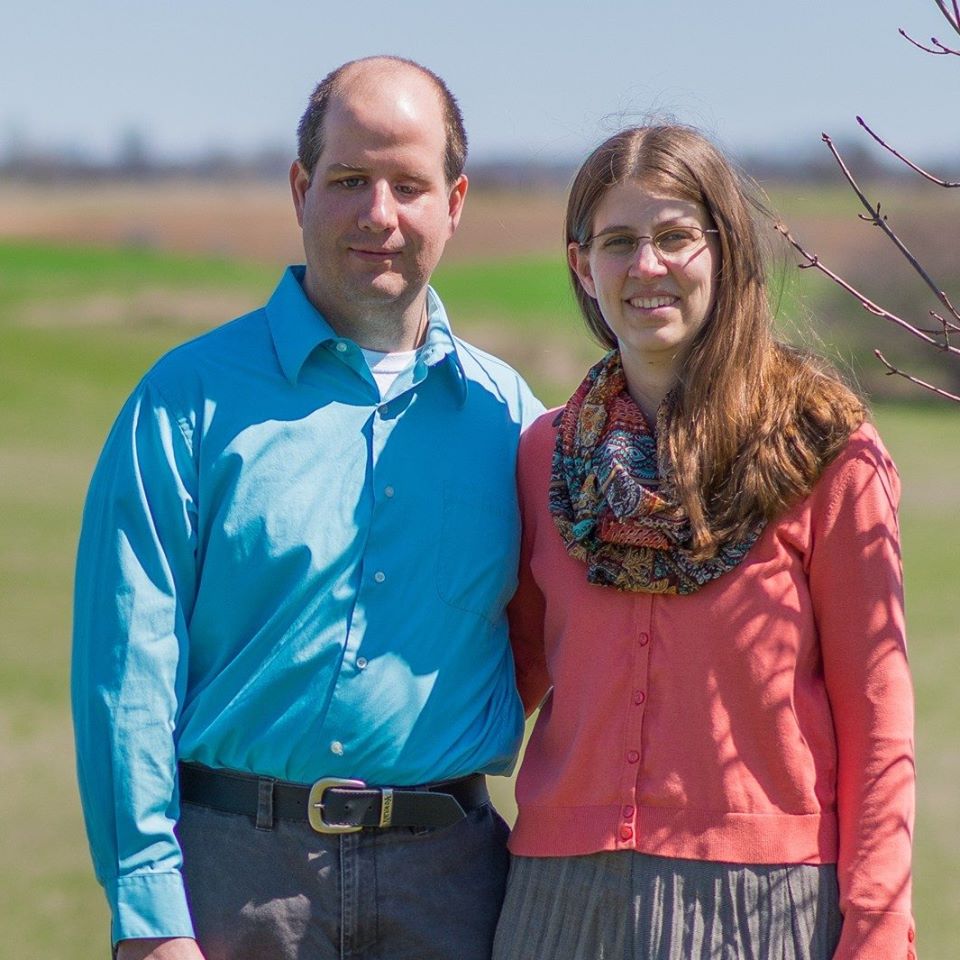Blog Post
Christian couple did no wrong by not affirming existence of Easter bunny, rules judge
By Jonathon Van Maren
Many of you probably heard the seems-like-it-can’t-be-true story of the Children’s Aid Society in Ontario removing two little girls—ages three and four—from the home of Christian foster parents because those parents would not tell the girls that the Easter bunny is real. Now Derek and Francis Baars, who have since relocated to Edmonton, were vindicated by an Ontario judge in a strongly-worded court ruling. From the National Post:
An Ontario child welfare agency placed promoting belief in the Easter Bunny above preventing possible trauma when it removed two girls from a foster home because the Christian couple refused to lie about the bunny’s existence, an Ontario judge ruled. Derek and Frances Baars…sued the Children’s Aid Society last year, saying a CAS worker insisted they proactively tell two girls in their care, aged three and four, the Easter Bunny was genuine, despite the couple’s belief that all lying is wrong.
Just pause for a moment to consider how ridiculous this entire situation was right from the start. I know of no general requirement that children be taught (as truth) certain myths and fairy tales—the insistence on the Easter bunny specifically simply seems weird, especially considering that Easter is a Christian holiday to begin with. It seems rather obvious that the Children’s Aid Society had it in for the Baars family because they are Christian:
The Baars sought no money, only a court declaration their rights were violated and that they not be blackballed from future fostering. Justice Andrew Goodman of Ontario’s Superior Court of Justice did just that in his 62-page judgment released Tuesday. After a dispute over the Easter Bunny in 2016, the CAS removed the children, ended the Baars’ ability to foster other local children and, likely, interfered with the couple’s ability to foster children in Alberta, Goodman found.
Goodman said the CAS’s actions were “capricious,” “not in the children’s best interests” and potentially reveal an “underlying animus” by the society and its workers. The Baars are Christians and members of the Reformed Presbyterian Church of North America.
The CAS said the children were not removed for the foster parents refusing to lie about the bunny but for refusing to support the birth mother’s wishes and failing to be respectful of cultural needs of the children.
“Nothing can be further from the truth,” Goodman wrote.
“It appears that the society would not be satisfied with anything other than confirmation from the Baars that they would lie about the Easter Bunny,” his judgment said. Despite evidence showing the children were well cared for and the Baars provided a safe, secure and happy home, the CAS removed the children with only one day’s notice, an act, court heard in evidence from child experts, that was a “potentially traumatizing event.”
There are times when child welfare workers need to swoop in, such as physical or sexual abuse, Goodman wrote, but nuance over the Easter Bunny is not one of them.
“Given the disruption that these young children had already faced in their lives, there is no doubt that there was a need for stability, permanency and care in their lives. It is very clear from the evidence that the children were being cared for, that the Baars were providing them with stability and were turning their minds to the facets of care required for the children’s development and happiness.
“However, by taking the children away on such short notice, the Society took that away from them and contributed to the turmoil these children had already faced in their short lives. As (a CAS case worker) states in one of her case notes, ‘is it more important to have the Easter Bunny or permanency?’ The Society very clearly chose the Easter Bunny,” Goodman wrote.
The case sounds nearly as ludicrous laid out in the judge’s ruling as it sounded when it first hit the news. Bottom line: the Hamilton CAS pulled two little girls out of a loving home where they were well-cared for and living stable lives, due to the fact that the foster parents would not tell the children that the Easter bunny was real. Interestingly enough, the Easter bunny isn’t real, and the fact that a judge had to mention this fact shows just how far the CAS was willing to go in targeting the Baars family:
The only evidence offered at trial was testimony by CAS placement worker Tracey Lindsay, who was a witness “whose evidence I reject as principally unsubstantiated and somewhat self-serving,” Goodman wrote. A child welfare expert, whose report was entered into evidence, said the best interests of the children “were lost sight of and considered secondary to Ms. Lindsay’s own agenda.”
After months of the girls being in their home and after the Easter Bunny discussions, Lindsay told the Baars she was afraid the Baars would discriminate against same-sex couples and if a gay couple was a prospective adoptive family they might teach the girls the couple was “living in sin,” court heard.
The Baars dismissed the concern. Court also heard there were no prospective adoptive parents, same sex or otherwise, as the children were not up for adoption.
“It seems likely that Lindsay’s discussion regarding prospective same-sex couples to the Baars was fueled by a potential stereotypical belief in the inability of Christians to support same-sex marriage,” Goodman ruled. Dominic Verticchio, executive director of the Hamilton CAS, apologized to the Baars through the Post for what happened.
This is a fantastic ruling for Christians right across Canada, for several reasons. First of all, of course, for the Baars family. (Derek and I briefly attended the same Christian high school at the same time back in Chilliwack, British Columbia.) Second of all, it sets a much-needed precedent. I have heard from many Christian foster parents as well as those who wish to adopt that child welfare agencies are increasingly doing the sort of thing that CAS placement worker Tracey Lindsay was doing—seeking to ensure that the children in care of the agency were only placed in homes where their own personal beliefs were taught.
Christians are increasingly seen as disqualified from caring for children simply because of their beliefs—and, as the judge noticed in this particular case, that simply hurts children who are in desperate need of a loving and stable home, which Christian foster parents can provide. This legal victory sends a message to those who seek to use this system in order to further their own ideological agenda rather than simply care for the interests of needy children.
___________________________________
For anyone interested, my book on The Culture War, which analyzes the journey our culture has taken from the way it was to the way it is and examines the Sexual Revolution, hook-up culture, the rise of the porn plague, abortion, commodity culture, euthanasia, and the gay rights movement, is available for sale here.








